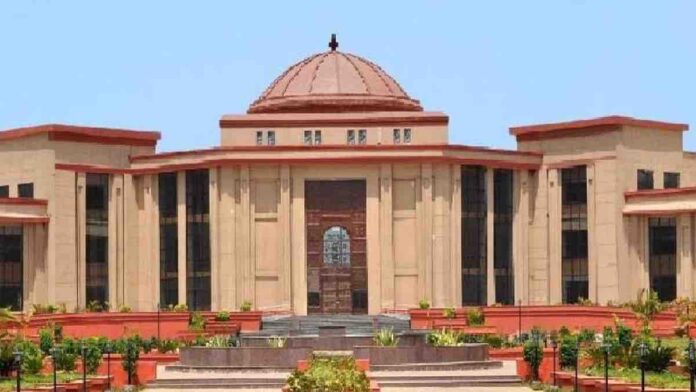The High Court of Chhattisgarh, in a significant judgment, has dismissed a batch of petitions filed by private educational institutions challenging their inclusion under the Employees’ State Insurance Act, 1948 (ESI Act). A Division Bench comprising Justice Rajani Dubey and Justice Amitendra Kishore Prasad held that educational institutions qualify as “establishments” under Section 1(5) of




